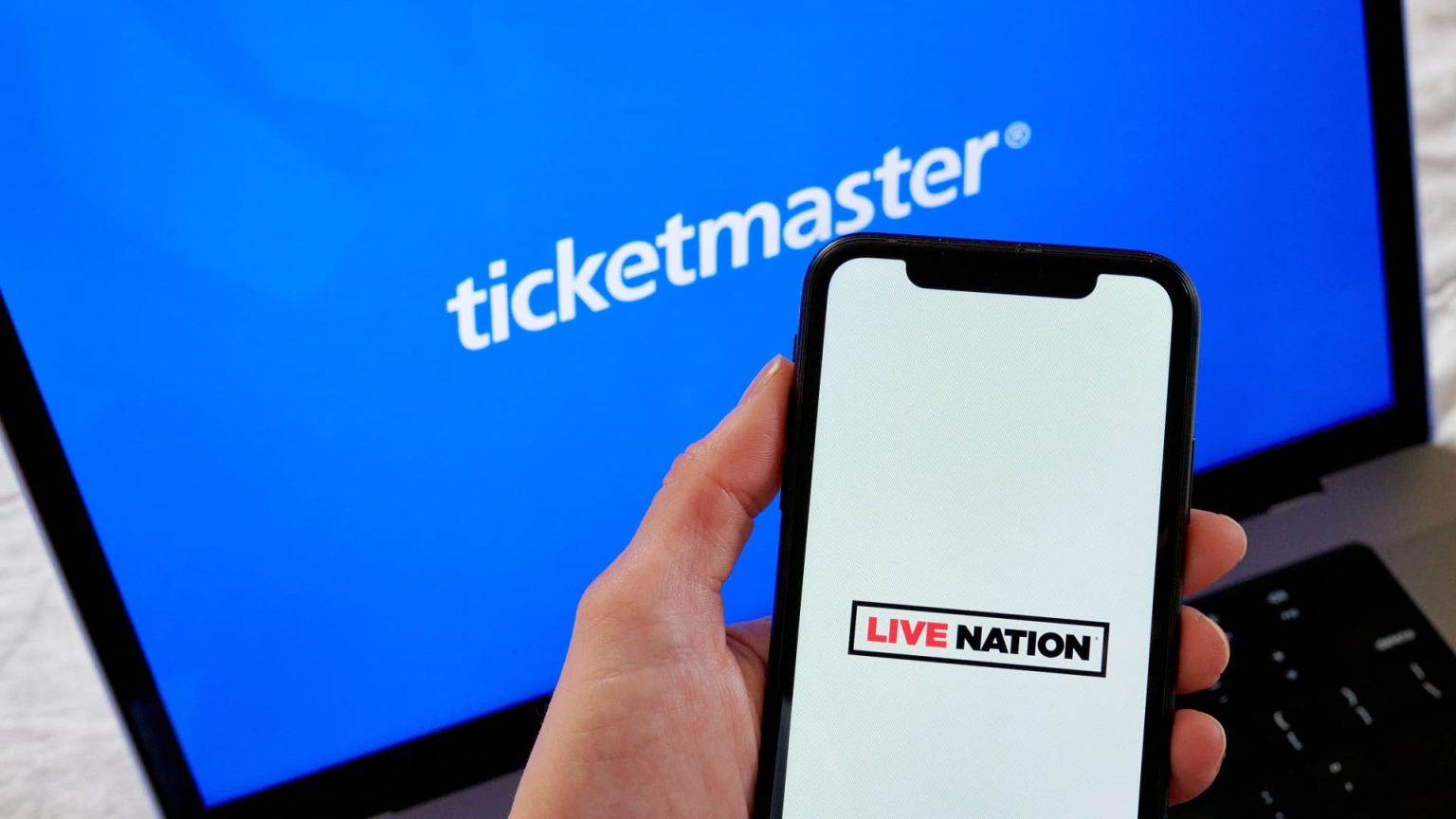The U.S. Department of Justice, along with 30 states, has filed a lawsuit against Live Nation, the parent company of Ticketmaster, alleging antitrust violations. The lawsuit follows an investigation into whether Live Nation holds a monopoly in the ticketing industry, which was initiated in 2022. The probe was intensified by complaints from fans after ticket rollouts for Taylor Swift’s Eras tour were mishandled. Attorney General Merrick Garland stated that Live Nation engages in unlawful, anticompetitive behavior to maintain monopolistic control over the live events industry, resulting in higher fees for fans, fewer concert opportunities for artists, and limited options for venue operators.
Shares of Live Nation dropped by 5% following news of the lawsuit. Live Nation responded by calling the allegations of a monopoly “absurd,” stating that the DOJ’s complaint portrays Live Nation and Ticketmaster as the cause of fan frustration with the live entertainment industry. The company argued that increasing ticket prices are due to factors such as rising production costs, artist popularity, and online scalping. Live Nation and Ticketmaster merged in 2010, creating a dominant presence in the live event industry, managing ticket sales and owning numerous entertainment venues in North America, including top amphitheaters.
The Justice Department lawsuit accuses Live Nation of maintaining a self-reinforcing business model by securing fees and revenue from fans and sponsorships, using the funds to secure exclusive promotion deals with artists for key venues. Live Nation is also accused of entering into exclusionary contracts with new concert venues, stifling competition in the industry. The company is further accused of using tactics such as threatening financial retaliation against potential competitors, acquiring smaller competitive threats, and discouraging competition in concert promotions. Last year, Live Nation faced criticism after disruptions during the sale of Taylor Swift concert tickets, prompting a Senate subpoena.
Live Nation denied benefiting from monopoly pricing, arguing that Ticketmaster service charges are competitive and its net profit margin is at the lower end compared to S&P 500 companies. The company stated that the lawsuit would not result in reduced ticket prices or service fees, as artists set their ticket prices and venues keep the majority of ticket fees. Live Nation previously faced backlash over transparency issues regarding hidden fees in ticket pricing. Despite the legal challenges, Live Nation reported its “biggest Q1 ever” with a 21% revenue increase in the first quarter of the year. The lawsuit has sparked debate over the state of competition in the live events industry and the impact on fans, artists, promoters, and venue operators.


